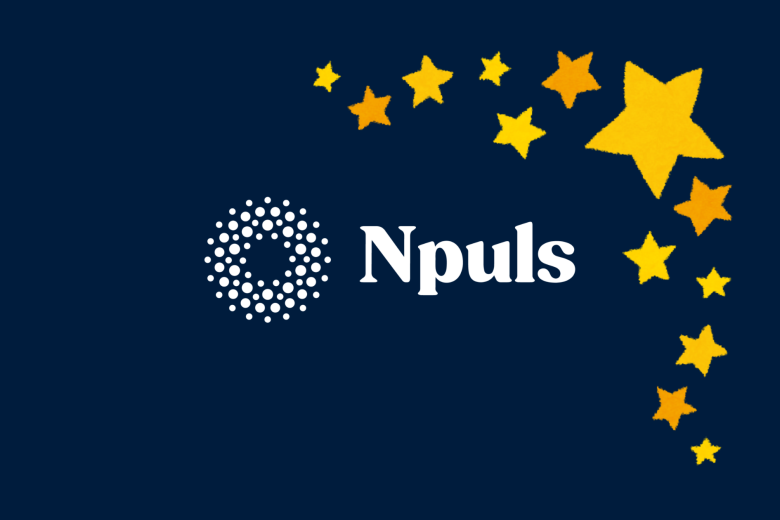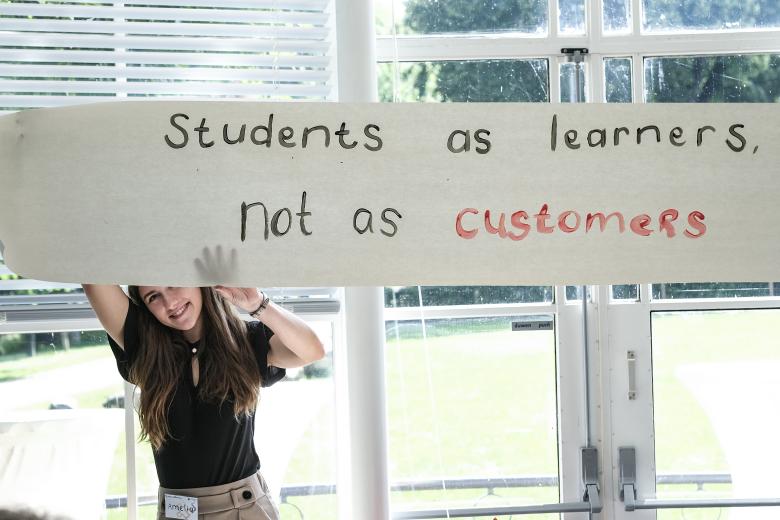FSD Spearhead at Solidaridad’s Fair Farm Initiative Workshop
The FSD team (Ron Cörvers, Sidi Amar, Han Brouwers) has attended the Fair Farm Initiative Workshop organised by Solidaridad on the 29th and 31st of March. During the event, many current and relevant topics have been discussed among experts from the industry, academia and nonprofit sector. Below is a recap of the objectives and outcomes of the event.

TOPICS
- Vision and Objectives: Why Fair Farm Data?
- The Ecosystem in Practice: Are we able to organise a global, pre-competitive ecosystem that is truly farmer inclusive?
- Principles in Practice: How do we define the space Fair Farm Data should claim and operate in? Are we capable of rewarding farmers truly in such a space?
- Discussing a Potential Governance Model: Do we want to organise a global multi-stakeholder round-table for Fair Farm Data? Is there a common ground to join forces?
GOALS
Setting the foundations and principles for the Fair Farm Data ecosystem during this pre-competitive period─ going from the taxonomy to the technical and operational aspects.
HIGHLIGHTS
- Most of the conversations revolved around the following questions:
- What is the fair price for data and who should receive it and how?
- What are the requirements for fair and inclusive framer-oriented data governance?
- How should data ownership be interpreted and implemented?
- Should the ownership be based on the location and storage of the data, or should it be based on the informed consent of the farmers on how to use their data?
- How could data ownership in any of its forms engender a bargaining power for the farmers?
- Who should collect the data and should the cost of collection be shared?
- What are the obstacles in the way of creating interoperability for data sharing and use in the Fair Farm Data ecosystem?
- Many attendees agreed that there is still a lack of consensus around the definitions and fundamentals of a Fair Farm Data ecosystem, and that is due to the divergent interests of the stakeholders (governments, farmers, corporations, NGOs, etc.). Furthermore, the lack of data sharing and interoperability frameworks is a missed opportunity to create positive outcomes for all the stakeholders.
- Given the fact that many initiatives in this field have not been very effective, the idea of seeking the agreement of some key players to set the principles, standards and protocols for data sharing and valuation could be the way ahead.
OUTCOMES
The participants have agreed that more conversations should be carried out and expanded in the future in similar events to come to a better understanding, and probably some sort of consensus around these complex issues.
OPPORTUNITIES FOR FSD
The event was a fruitful learning and networking experience for the FSD team. Hearing directly from experts in the field will deepen further the understanding of the challenges related to smallholder farmers’ data ecosystems and might result in future collaborations with the organisations that attended the event.
ATTENDING ORGANISATIONS
ACORN, CGIAR, Community Mappers, Eneco Business, EastWest Seed, Fair Trade Germany, Foodlog, GIZ, Global G.A.P., Google, Hans R. Neumann Stiftung, Henkel, Maastricht University, Microsoft, Ministry of Foreign Affairs (Netherlands), Olam, Rabobank, RegenAgri, SAI Platform Nestlé, NewForesight, SCOPEinsight, SyncForce, Syngenta Foundation, Threefold.
Also read
-
Maastricht University receives funding to strengthen its role in national education programme Npuls
We're happy to announce that Maastricht University has been awarded a €80,000 funding to strengthen its involvement in Npuls.

-
UM Education Days 2025 recap: "Learning never stops"
From inspiring keynotes to bold classroom experiments, this year’s edition reminded us all: Learning never stops.

-
FASoS awarded NWO PhDs in the Humanities grant for project on early bird photography and conservation
We are pleased to announce that Pauw Vos has been awarded an NWO PhDs in the Humanities grant for the project “Narratives of the Nest: Early Dutch Bird Photography and the Visual Construction of Conservation (1890–1940)”.
